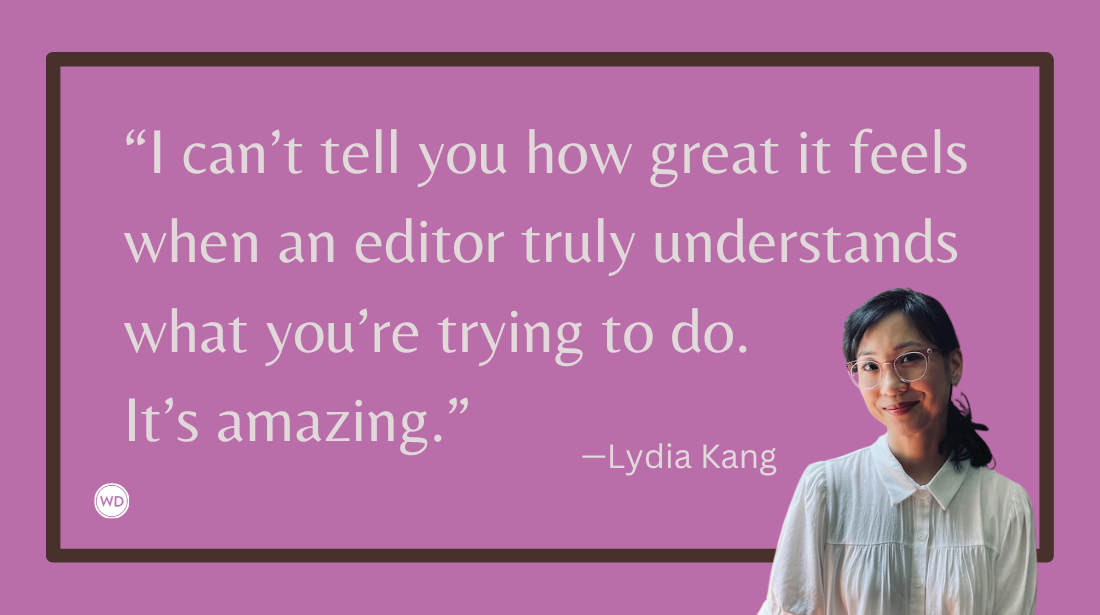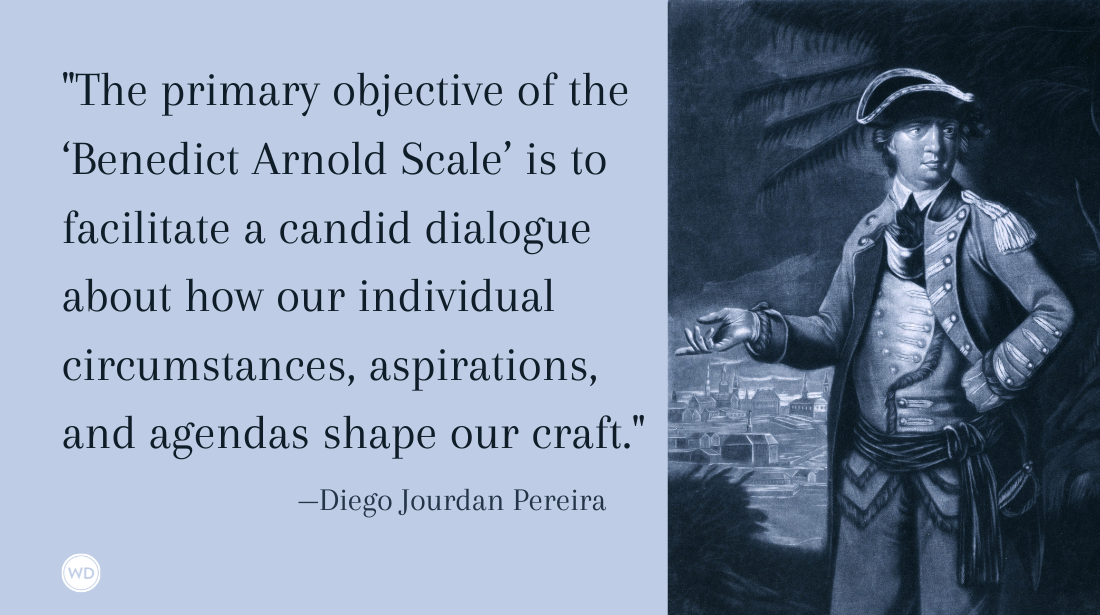“A writer has to read everything from Wittgenstein’s Philosophical Investigations to the backs of cereal boxes.”
Ever since we received a galley of John Dufresne’s latest writing book, Is Life Like This?, a couple of us WD staffers have had a bit of a literary crush…
Ever since we received a galley of John Dufresne’s latest writing book, Is Life Like This?, a couple of us WD staffers have had a bit of a literary crush on his work. For our September issue, the editor of WD and I assembled a feature called “10 Experts Take on the Writer’s Rulebook,” in which various writing gurus riff on common “rules” and accepted wisdoms of the pen—“Show, Don’t Tell,” “Kill Your Darlings,” etc.—and opine on when to follow them, and when to break them. Which gave us an excuse to invite Dufresne into WD land. (And to subsequently bring him back for a full-length feature in our forthcoming January issue.)
After detailing the importance of writing ever day, Dufresne riffed on why you shouldn’t follow the credo “Read What You Like to Write.” A portion of his explanation is the latest from Promptly’s Top 20 Tips From WD in 2010 series (the quote-worthy quips that branded themselves in my mind when we were creating these magazines throughout the year). A regular prompt follows. Read on and write on.
No. 16: The Need to Read
“Don’t disregard this rule, but don’t let it limit you, either—because it’s not enough to read what you like to write. A writer has to read everything from Wittgenstein’s Philosophical Investigations to the backs of cereal boxes. The writer’s problem, and his opportunity, his obligation, is to know the world. Imaginative writing is a craft that favors the diligent and informed over the inspired and indifferent. You need to know the world, and you also need to develop your craftsmanship. The best teachers of fiction, for example, are the great works of fiction themselves. You may learn more about the structure of a short story by reading Chekhov’s “Heartache” than you could in a semester of Creative Writing 101."
—John Dufresne, “10 Experts Take on the Writer’s Rulebook,” September 2010 (click here to check the rest of the issue out)
***
WRITING PROMPT: Battles
Feel free to take the following prompt home or post a response (500
words or fewer, funny, sad or stirring) in the Comments section below.
By posting, you’ll be automatically entered in our occasional
around-the-office swag drawings. If you’re having trouble with the
captcha code sticking, e-mail your piece and the prompt to me at
writersdigest@fwmedia.com, with “Promptly” in the subject line, and I’ll
make sure it gets up.
Write a scene about someone at war—on a battlefield in an actual war, at home, in a boardroom, in a relationship.
Zachary Petit is a freelance journalist and editor, and a lifelong literary and design nerd. He's also a former senior managing editor of Writer’s Digest magazine. Follow him on Twitter @ZacharyPetit.









